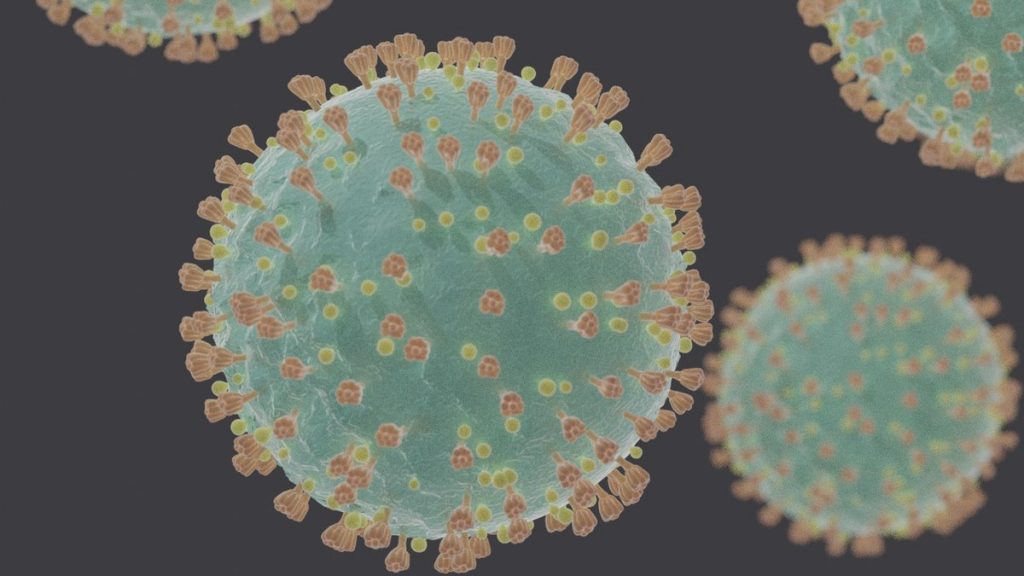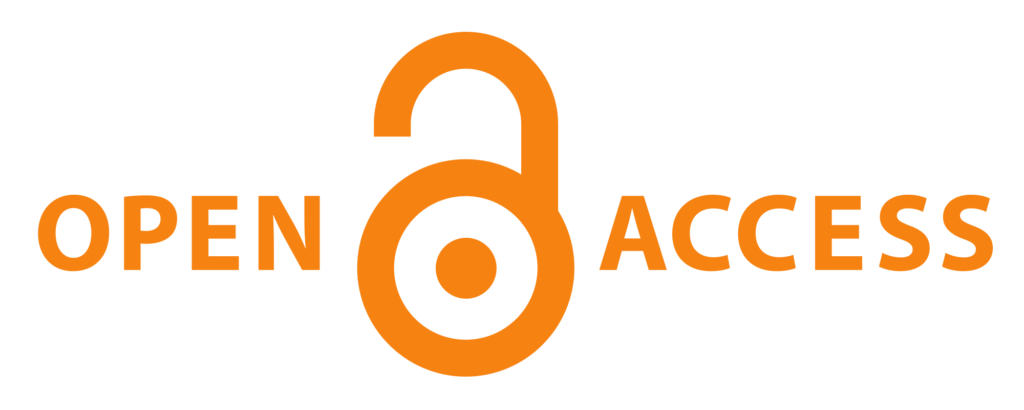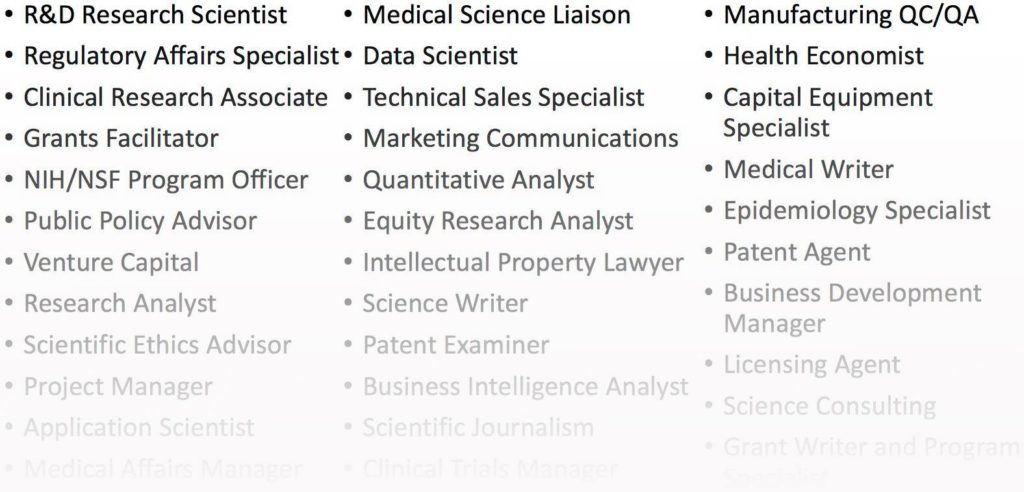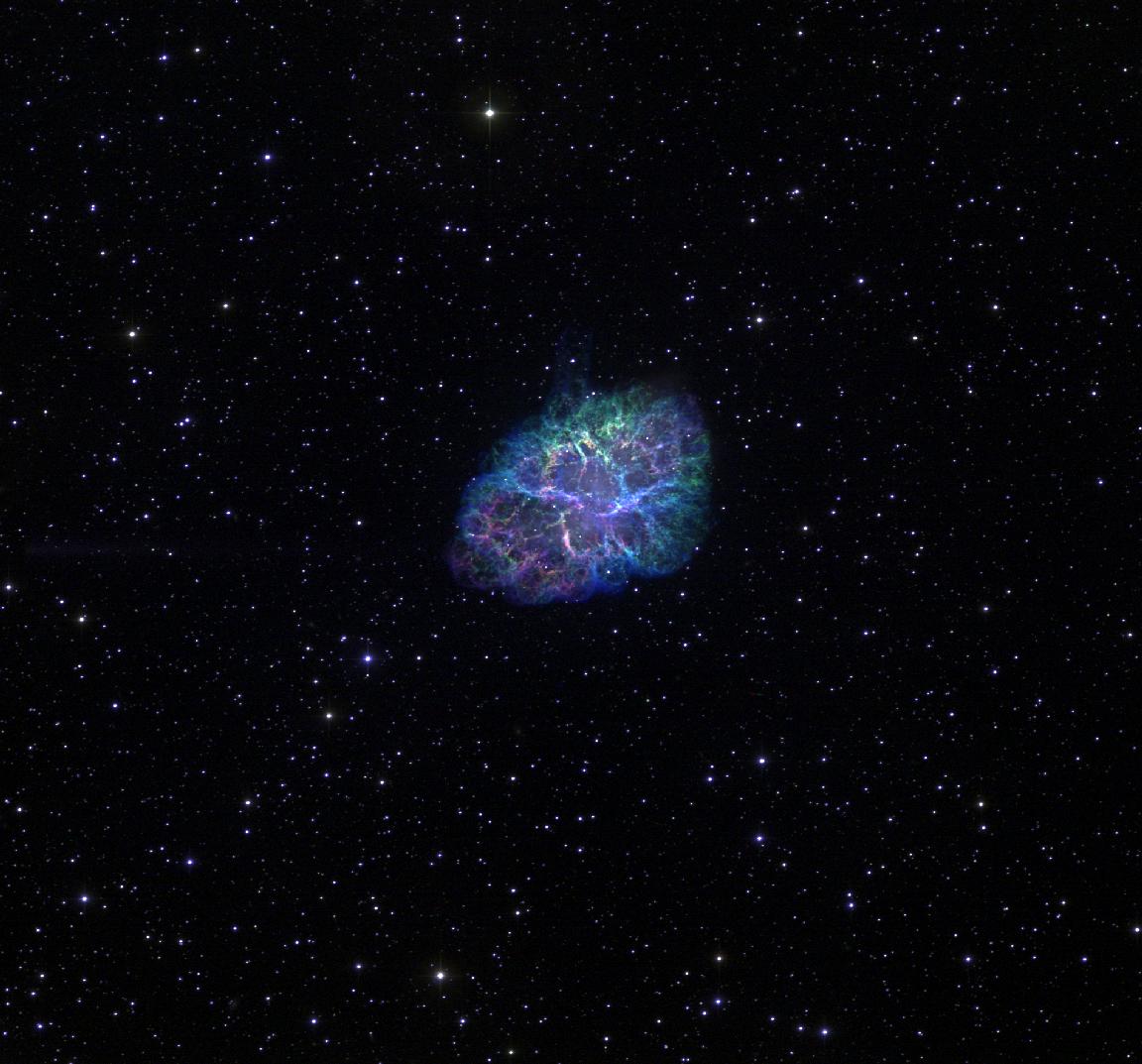Wednesday, July 17th, 7pm at Hopscotch
Professor Fritz Breithaupt, director of the Experimental Humanities Lab will discuss his work on empathy.
What can trigger empathy and what can block empathy? Empathy is often considered the basis of moral action, but plays a central part in a variety of highly problematic behaviors. The ability to empathize with other people proves to be a prerequisite for deliberate acts of humiliation and cruelty. Even well-meaning compassion has many unintended consequences.
This talk will discuss a range of phenomena, including vampirism (helicopter parents wishing to relive a better youth), empathic sadism, humanitarianism (in which people identify with helper-heroes to feel good about themselves at the costs of holding others in the victim role, but mistake this for empathy), and dynamics of polarization (empathetic side-taking that leads to aggression), all concepts and ideas from the recent book, The Dark Sides of Empathy.
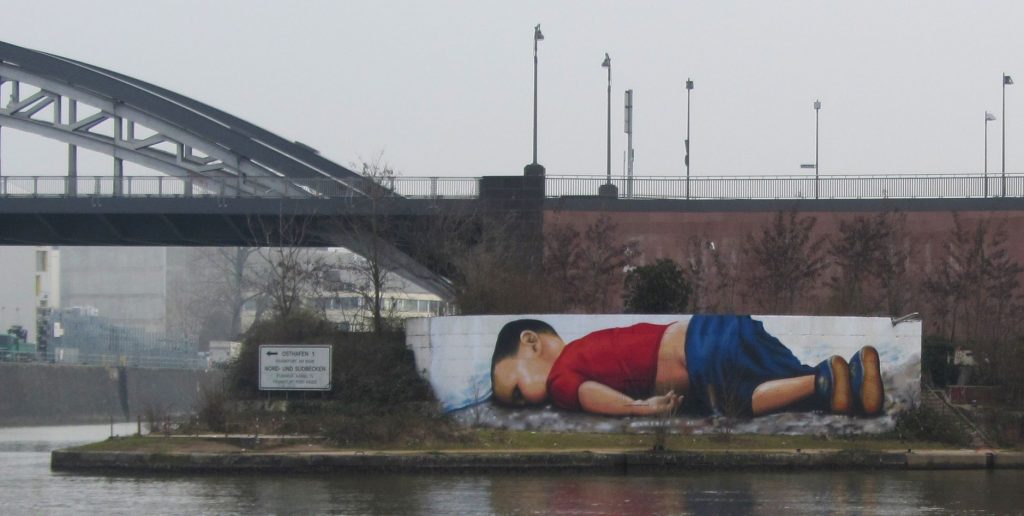
Several things to note:
1) We’re starting at 7pm
2) We’re on the 3rd Wednesday
3) We’re at Hopscotch on Morton & Dodds
4) Hopscotch doesn’t have much food, which is why we’re beginning at 7pm (They do have great coffee, tea, beer, and pastries all the time.)


